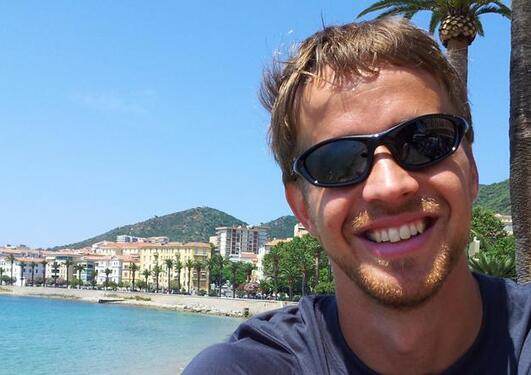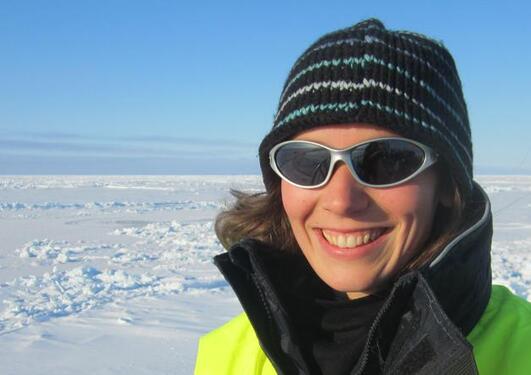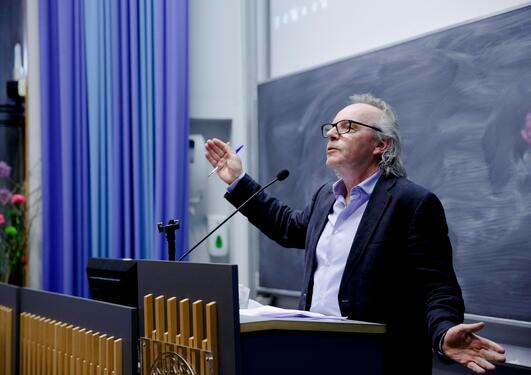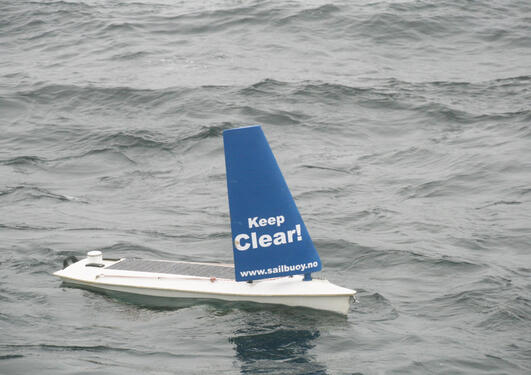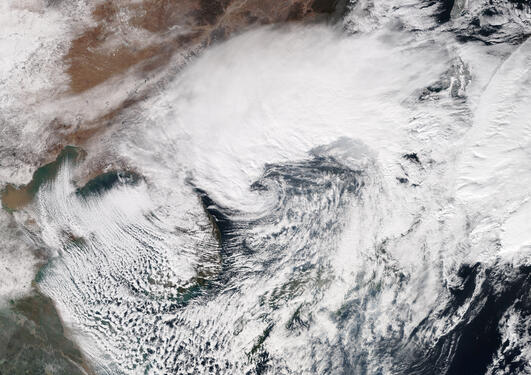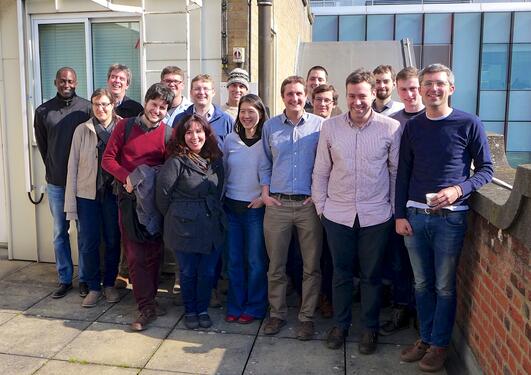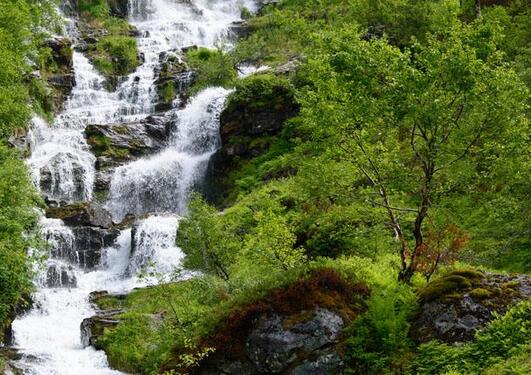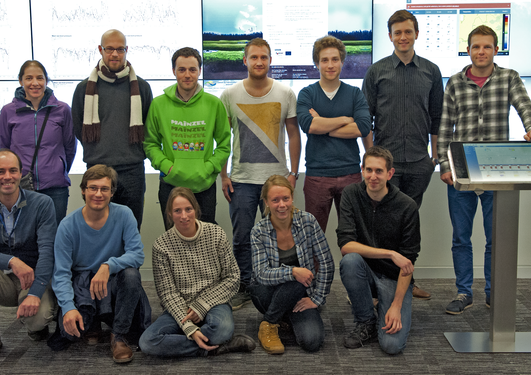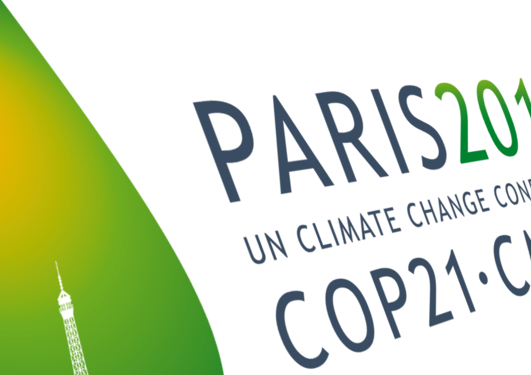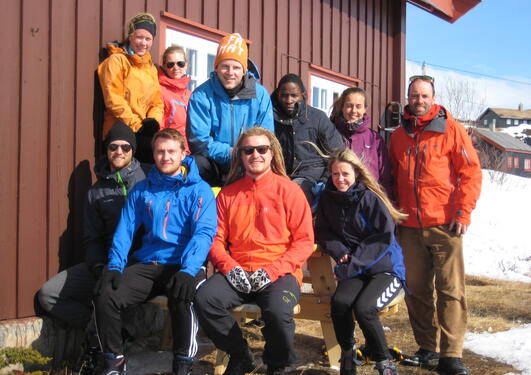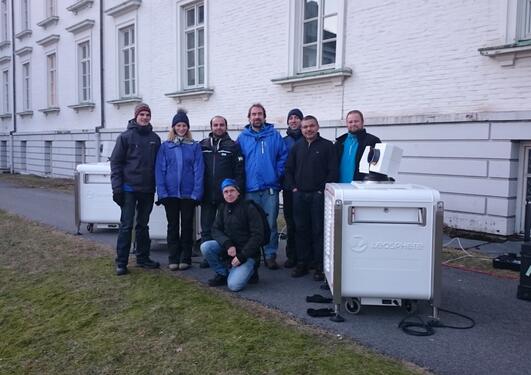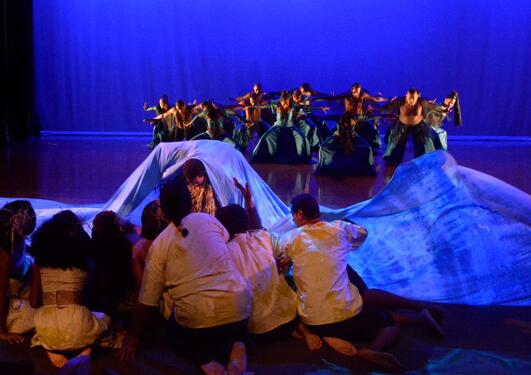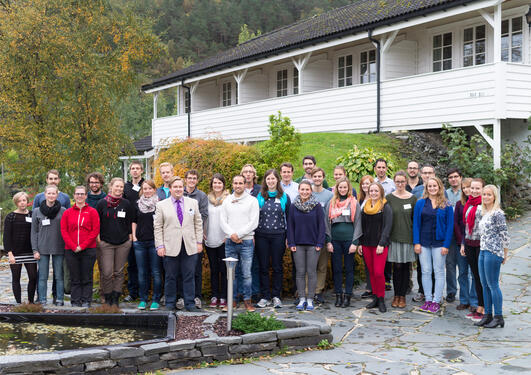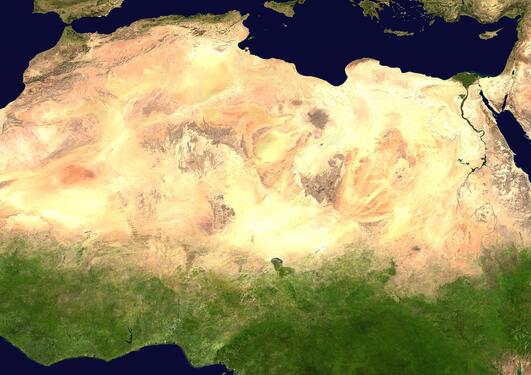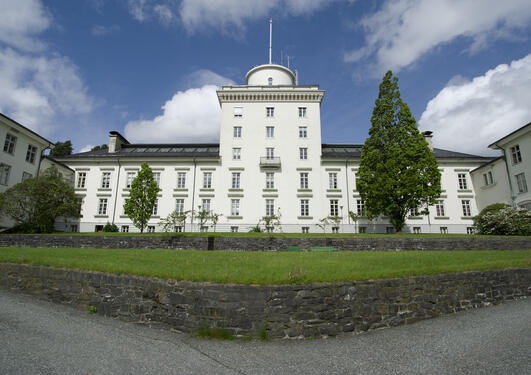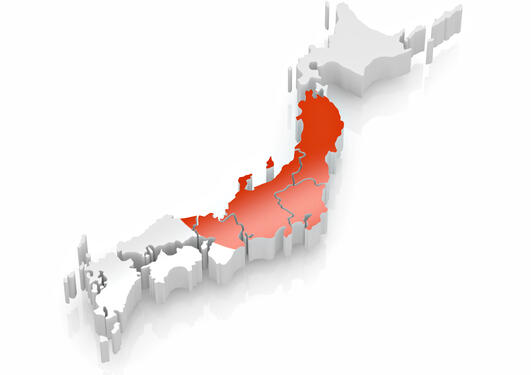News archive for Geophysical Institute
What if we could predict how much sea ice there will be in the Nordic Seas in two years? Or twenty? In the gap between ordinary weather forecasts and climate projections, there is a dialog between the ocean and the atmosphere. Without understanding how they interact, we cannot predict variations in climate, says Marius Årthun.
North Pole explorers send summer photos of melt water pools and cracks that become harder and harder to cross. If they had winter expeditions, they would see that ice covers as much of the Arctic Ocean as in the past. Only the Barents Sea and the region just north of Svalbard have lost winter ice.
Sometimes things are so complicated that you're forced to think simple. Erwin Lambert is an expert at that. With a few, plain boxes he tries to calculate how a rainy future will influence Atlantic currents.
Are you interested in what drives the climate systems and changes? Or would you like to learn more about how to prevent the development of diseases and injuries in workplaces in developing countries? Follow one of our massive open online courses this autumn!
Professor Terje Tvedt criticizes Social Sciences for being “water blind”.
Bergen is world-leading within marine research and climate research.
The NORPAN project gives Norwegian researchers and students the opportunity to visit Japanese and Norwegian institutions.
The Norwegian jetSTREAM (Atmospheric jet variability: linking STRucture, Evolution And Mechanisms) crew met for a three days’ workshop in Oxford March 16-18.
Are you a PhD candidate or junior researcher interested in climate change and water? Join us in Bergen in June!
The Dynamic Meteorology group of the Geophysical Institute has been on a trip to the United Kingdom this autumn.
Quest for Global Sustainability: Climate Change, Science and the Oslo Principles
Nine students attended a seminar at Ottesheimen in Ustaoset 12-15 April together with lecturer Thomas Spengler and teaching assistant Line Båserud to learn more about mountain meteorology.
Many people at GFI have realized the busy activity of a bunch of people around three big white boxes in front of the institute on January 20 and 21.
The ECOPAS project of the university’s Department of Social Anthropology brings the climate challenges faced by the Pacific Islands to Bergen, through a new collaboration between the University of Bergen and the Bergen International Festival.
The first joint PhD conference between ResClim and the Climate Research School at the Bolin Centre in Stockholm was held 28–30 September in and around Bergen.
Camille Li of the Geophysical Institute is co-author on this Nature paper that revises the age of the Sahara Desert
A new strategic plan for the Geophysical Institute has been published, covering the period 2014-2019.
Both Japan and Norway are maritime nations with many shared interests. In early June 2014, marine researchers from Norway and Japan meet in Tokyo.
Pages
- 2025
- 2024
- 2023
- 2022
- 2021
- 2020
- 2019
- 2018
- 2017
- 2016
- 2015
- 2014
- 2013
- 2012
- 2011
- 2009
